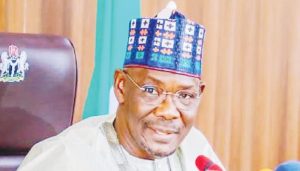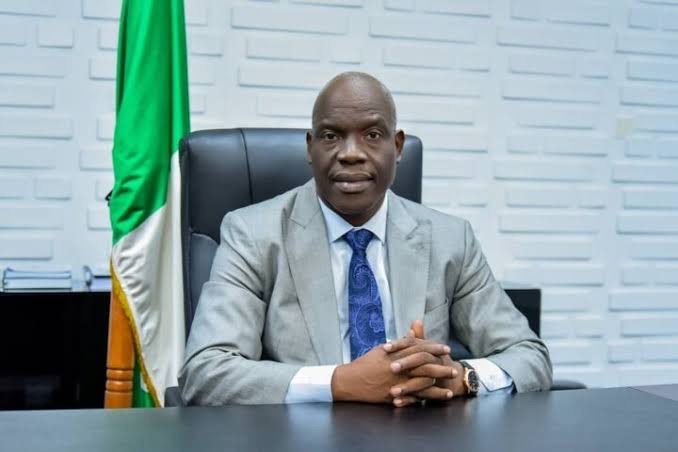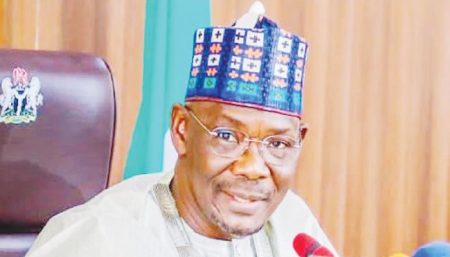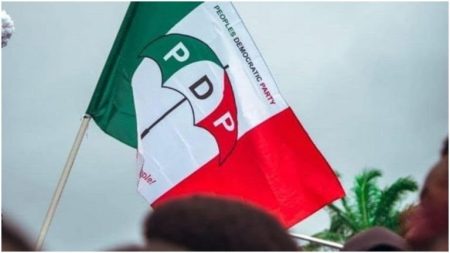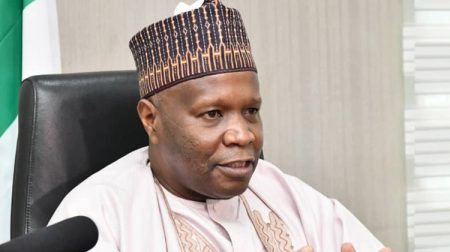The Nigerian Federal Government has reaffirmed its commitment to a free-market approach in the crude oil sector, rejecting price-fixing mechanisms and emphasizing the principle of willing-seller, willing-buyer. This stance was articulated by Gbenga Komolafe, Chief Executive of the Nigerian Upstream Petroleum Regulatory Commission (NUPRC), during a meeting with key stakeholders, including the Oil Producers Trade Section (OPTS) and the Independent Petroleum Producers Group (IPPG). The meeting, held in Abuja, aimed to address operational challenges and foster collaboration between producers and refiners to enhance Nigeria’s energy security. Komolafe stressed the government’s dedication to fostering a conducive environment for investment and growth in the upstream sector, reassuring stakeholders that regulatory actions would be balanced with the need to encourage industry participation.
Central to the discussions were concerns raised by OPTS and IPPG regarding the pre-allocation of crude oil to domestic refineries, the impact of domestic crude supply obligations on pre-existing contracts, and potential pricing discrepancies. These issues are crucial in balancing the need to meet domestic refining demands with existing contractual obligations and market dynamics. The government’s commitment to the willing-seller, willing-buyer model signifies its intention to avoid market distortions and maintain an environment that encourages competition and investment. Komolafe emphasized the NUPRC’s commitment to addressing legitimate operational concerns raised by stakeholders, provided they align with the overall national interest and contribute to the sector’s growth.
The NUPRC has been actively working to improve the efficiency and transparency of the upstream sector. Komolafe highlighted the commission’s five-point agenda, which includes increasing oil production by one million barrels, improving hydrocarbon measurement accuracy, digitalizing regulatory processes, optimizing unit costs, and conducting licensing bid rounds for non-performing assets. These initiatives aim to revitalize the sector and maximize its contribution to the Nigerian economy. Additionally, the commission has developed a template to identify the specific needs of various stakeholders within the oil and gas value chain. This collaborative approach seeks to leverage the strengths of different players and foster synergy, ultimately contributing to operational optimization across the industry.
The government has also implemented measures to ensure a consistent supply of crude oil to domestic refineries. The recently enacted Production Curtailment and Domestic Crude Oil Supply Obligation Regulation 2023, along with a supporting framework and procedure guide, provides a regulatory mechanism to enforce compliance with domestic supply obligations. The NUPRC has made it clear that it will strictly enforce these policies and may deny export permits to companies that fail to meet their domestic supply commitments. This decisive stance demonstrates the government’s commitment to prioritizing domestic refining capacity and ensuring energy security.
Komolafe clarified that the potential denial of export permits is not intended as a threat to compliant operators but serves as a deterrent against non-compliance and attempts to circumvent regulations. He reiterated the government’s commitment to protecting investor interests while simultaneously upholding national interests and energy security. This clarification underscores the balance the government seeks to maintain between fostering a favorable investment climate and ensuring compliance with regulations designed to support domestic refining capacity.
The meeting between the NUPRC and stakeholdersunderscores the government’s commitment to fostering open dialogue and collaboration within the oil and gas sector. By addressing operators’ concerns and clarifying its regulatory approach, the government aims to create a predictable and stable environment that encourages investment, enhances operational efficiency, and ultimately strengthens Nigeria’s energy security. The commitment to market-driven principles, coupled with robust regulatory oversight, signifies a balanced approach that seeks to maximize the benefits of the oil and gas sector for both investors and the nation.




